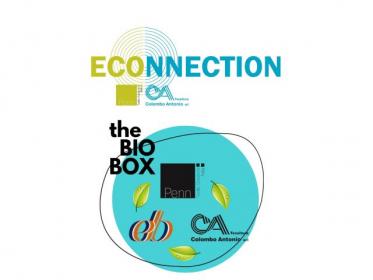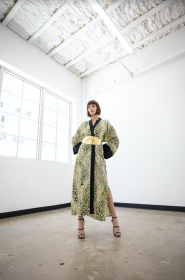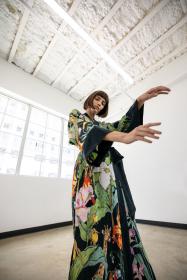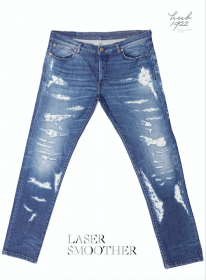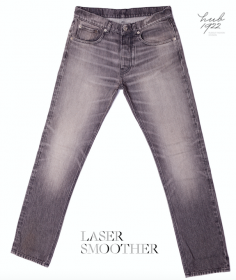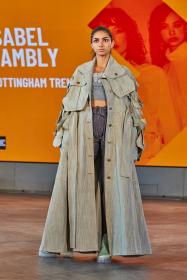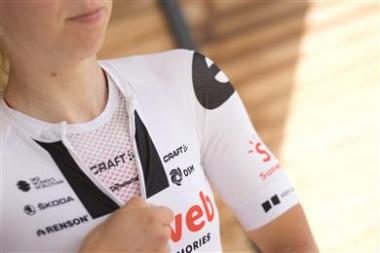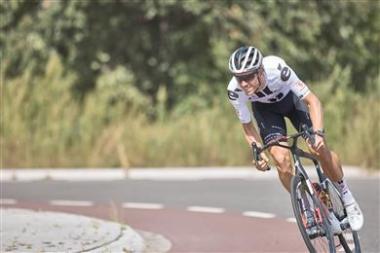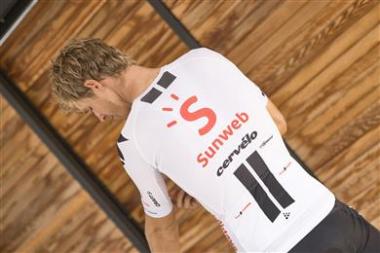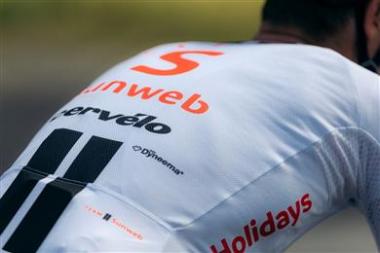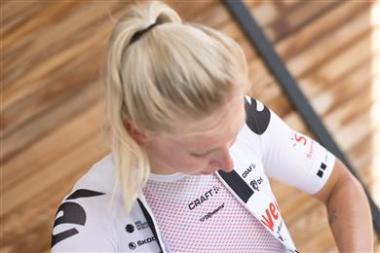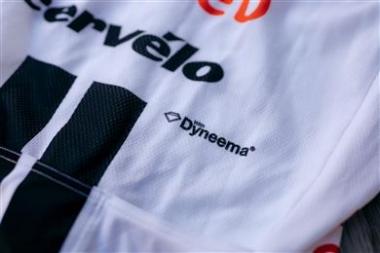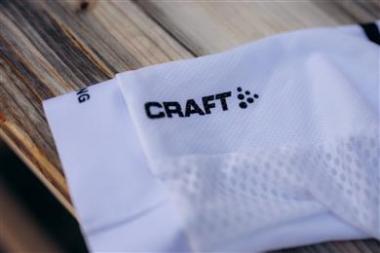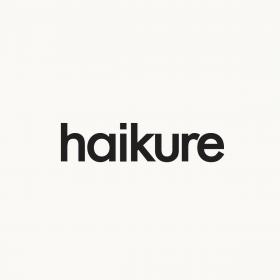Sateri Launches Sustainability Vision for 2030
- Sateri pledges to Be World’s Leading Net-Positive Fibre Producer
Sateri, one of the world’s largest viscose producer, has launched its sustainability vision for 2030 to guide the company’s strategic growth in the coming decade. The Vision is anchored around four key pillars in response to environmental and social challenges faced by the cellulosic fibre industry: Climate and Ecosystem Protection, Closed Loop Production, Innovation and Circularity, and Inclusive Growth.
The Vision comes with a time-bound roadmap and measurable targets. It encompasses notable targets including net-zero carbon emissions by 2050, achieving 98% Sulphur recovery rate at all its mills by 2025, utilising textile waste and produce viscose products with 50% recycled content by 2025 and 100% by 2030, and supporting more than 300,000 local families and smallholder farmers to develop sustainable livelihoods.
Highlighting the significance of the Vision to the company, Sateri’s President Allen Zhang said, “As a raw material supplier, Sateri will do our part and respond to the urgent need to decouple growth from further resource impact. This is something that will underpin our growth, in addition to QPC (Quality, Productivity, Cost) and continuous improvement which are well-embedded in the company.”*
Sateri’s 2030 Vision was conceived after months of discussions with management members and external stakeholders including customers, brands and NGOs. The process was facilitated by BSR, a sustainability consultancy, led by its Asia Pacific Vice President, Jeremy Prepscius.
“The challenges facing the garment industry require all value chain participants to invest, innovate and integrate sustainability into their business models. This requires leadership and alignment and will need determination to succeed, which is what Sateri is striving to do,” said Prepscius.*
In the coming months, Sateri will form workgroups to develop action plans to deliver on the identified targets. Progress towards realising Sateri 2030 Vision will be reported in the company’s annual sustainability report and online sustainability dashboard.
Read more about Sateri 2030 Vision: www.sateri.com/sustainability/vision2030/
*Please see attached document for more information
Omnicom Public Relations Group






